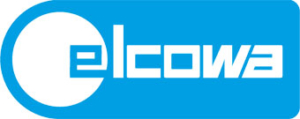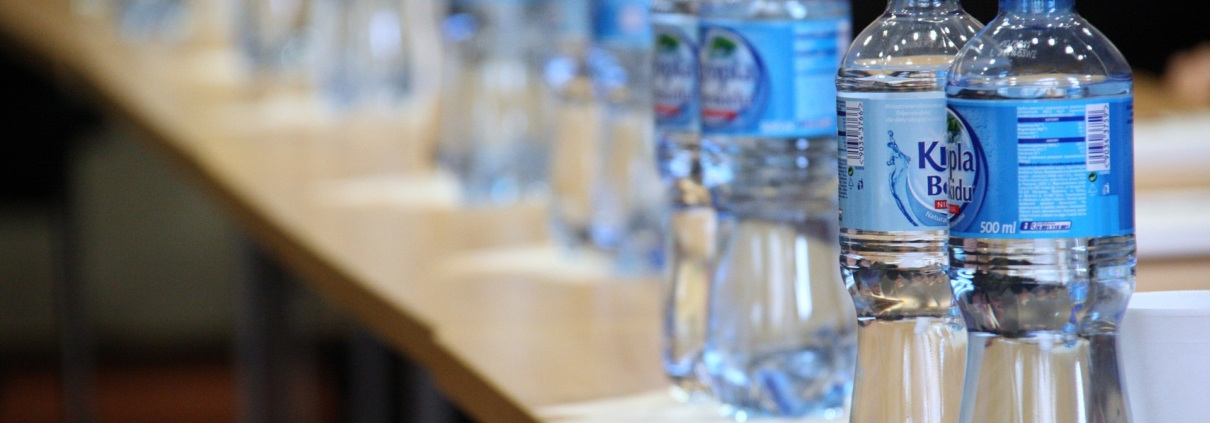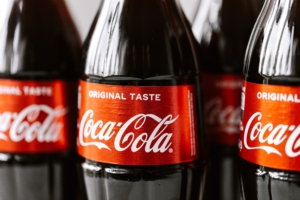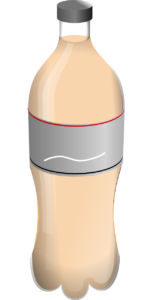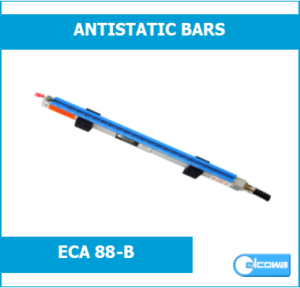SLEEVE AND STATIC ELECTRICITY
The use of plastic film dates back to the 1920s, invented by the American company Dupont, it was intended for packaging food products. Today, plastic film has become a common material in our lives.
Label
Polyethylene terephthalate or PET is used in the labels of many food products. These labels are essential and have several functions:
- Provide important informations about the product : composition, using and advice for use conservation etc.
- Differentiate from competing brands (communication and marketing).
They are everywhere and are beneficial to both consummers and manufacturers.
Sleeve and Sleeving machine
Printed shrink sleeves are an effective method of decorating plastic or glass bottles, while providing additional protection. To produce the sleeves, the flat film is unwound and passed through a buffer stack before being pulled over a mandrel to form a tube. The sleeve is then cut to size by knives in the cutting unit. Once positioned on the container, the sleeve is shrunk to fit the container contour in a heat tunnel.
However, static electricity can cause the film to stick to the mandrel or the sleeve to be incorrectly positioned on the container and significantly affect the production line.
Our solution
Elcowa antistatic bars generate ionic emissions that neutralize these electrostatic charges.
These are custom-made and can be easily installed on your equipment.
Our systems allow the optimal elimination of electrostatic charges on materials such as paper, plastic, glass, fabric, wood, cardboard, etc.
The ECA 88 B bars are particularly suitable when they can be installed close to the area to be treated.
